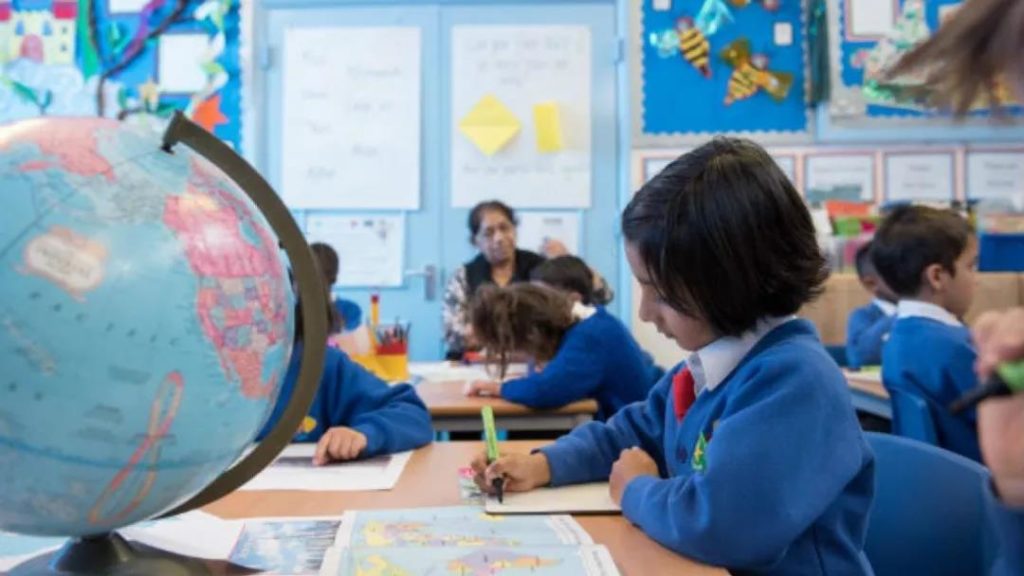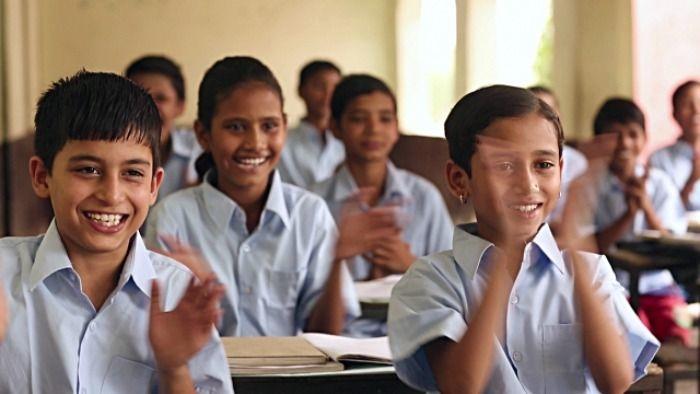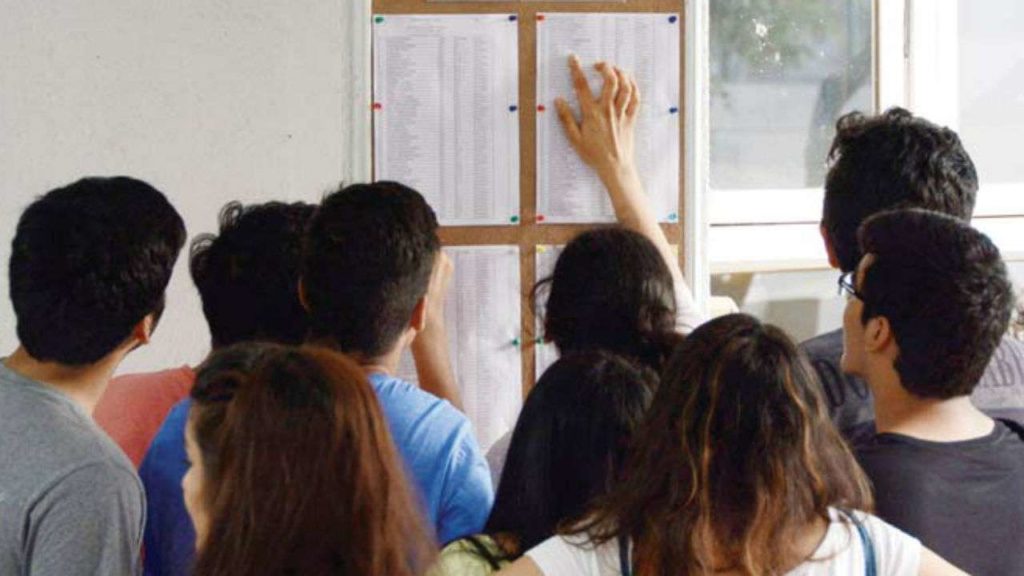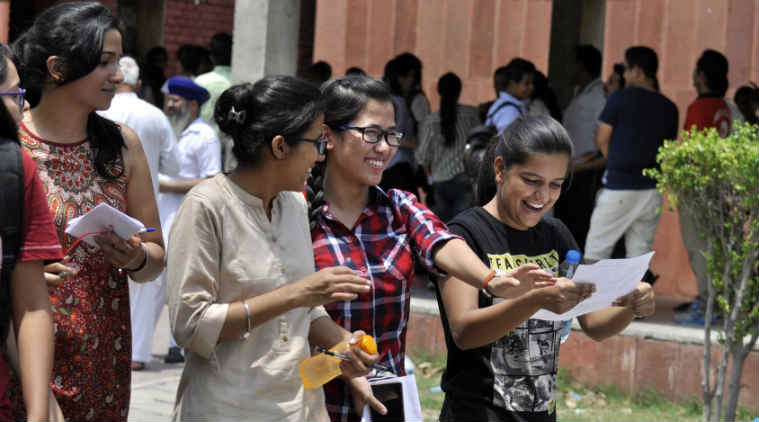
ICSE, CBSE or State Board: The Right Path to a Bright Future
Every parent concerned about their children’s bright future gives utmost importance to their education. The days when getting an admission in a reputed school with the preferred language of instruction would do the needful have long passed. Present day schooling has stepped up to choosing the right board that emphasizes on comprehensive personality development of a pupil rather than merely working to improve their examination scores.
Until recent years state boards would be the favoured choice of most parents, while CBSE enjoyed popularity among a select few. Changing job scenario in the country posed serious challenges to the relevance of both these boards. A fleet of specialised schools affiliated to some world class educational boards emerged in the meanwhile, revitalizing the educational scenario to catch up with the global standards of employment.

An International school affiliated to the Council for the Indian School Certificate Examination (CISCE) is one such modern-day institution that prepares students for the ICSE (Indian Certificate of Secondary Education) and ISC (Indian School Certificate) examinations for classes 10 and 12 respectively. Acclaimed for their profoundness, the examinations are recognized by higher education institutes not only in India, but also across the globe.
Understanding the Scope
Every educational board devises its own ways to mould young and talented pupils into skilled and valuable workforce contributing towards the development of the nation. What makes them different from each other is the approach towards pedagogy and the ability to deal with wider contexts. This can be understood from some finer parameters as follows.
Curriculum and Syllabus:

The contexts of learning covered in curriculums and syllabi of state boards are often criticised for their regional limitations. Over 25 state boards operating in India offer syllabi that differ in topics according to the changing regional contexts. Rote learning methods are heavily relied upon by state board schools to cover syllabus, the expanse of which is considered easier for students to cope with.
In the case of CBSE board, learning methods inculcate fostering of application skills and problem solving abilities among students. Classroom methodologies include application of concepts in various contexts. Since it conducts NEET and JEE exams, CBSE board is often preferred by candidates pursuing career in the technical fields. It is often criticized for laying lighter emphasis on the coverage of language and humanities related topics.
The ICSE curriculum encourages development of thorough knowledge about concepts and topics, both content and application wise. The syllabus is vast and tough. It offers students a variety of subjects to choose from according to their areas of interest. While preparing a topic students have to read through references apart from the prescribed textbooks. A substantial emphasis on practical sessions assures the development of profound analytical skills.
The Learning Atmosphere:

Higher the level of elaboration in case of a board, higher are the prerequisites regarding maintaining a commendable learning atmosphere. Earning the affiliation of a particular board requires schools to satisfy certain criteria of infrastructural and staff-wise preparedness. Affiliating to state boards is easier for schools even with basic infrastructural facilities. The competence of teachers in state board schools is often complained about. However, some of the schools excel in maintaining a highly conducive atmosphere for keen dispense of the planned curriculum.
Affiliation with CBSE board requires schools to satisfy fixed standards in areas like infrastructure and facilities, and the adequacy and qualification of teaching staff. Facilities like well-equipped laboratories, libraries and playground apart from classrooms are must for a CBSE school. Well defined recruitment rules and service standards are relied upon to maintain an exemplary teacher section ratio. The learning atmosphere is however skewed towards supporting technical studies.
ICSE schools are considered best to find the most talented teaching staff in the nation. The low student-teacher ratio maintained in the classroom assures personalized attention to every student. The infrastructure also includes sections dedicated to indoor sports and arts apart from facilities like libraries, laboratories and open playgrounds. The vast and complex subjects in the syllabus are simplified for students through innovative teaching methodologies that make the best use of modern technology.
Extracurricular Activities:

The emphasis on extracurricular activities varies from school to school as it varies from board to board. While extracurricular activities are important in the growing years of students, not every board recognises them as integral part of classrooms routines. In case of state boards, given the shorter expanse of syllabus, students are left with ample time to dedicate to extracurricular activities. However only a few state board schools can support students in their extracurricular activities. Most students have to find coaching or guidance outside school to fulfil their extracurricular interests.
In case of CBSE schools, preparing for higher education is a concern since the early years. While some schools may encourage students to participate in extracurricular activities, the others strictly focus on studies. Some elite schools may invest in better infrastructure and training facilities to support the extracurricular interests of their students. A few schools also support extracurricular activities like meditation and yoga to improve physical, mental as well as spiritual well-being of students.
The ICSE Board inculcates extracurricular activities in its curriculum itself. With a belief in all-round development of the students, the board strives to expose them to a number of activities apart from the usual classroom learning. It makes it mandatory for ICSE schools to include a range of extracurricular activities from academic related project works, debates and competitions to other exploring diverse interests like sports, drama, arts and music. The board focuses more on providing a well-balanced education rather than a conducting strictly career oriented courses.
Admission to Higher Education:

After finishing secondary and higher secondary education from each of the above boards, students have to find the right college to continue their higher studies. The prospects for students from each of the boards vary depending on the state they are applying in, and also on the nature of the course they are applying for. In case of technical courses like engineering and medical, students have to appear for separate entrance tests apart from their board exams.
Although CBSE board students seem to have an advantage in JEE and NEET, most state board students prepare for the exams with the help of private group tuitions. Students who appear for ISC after clearing their ICSE exams receive high end grooming in technical subjects at specialized schools. In case of graduation courses in the streams like science, commerce and arts, colleges select students based on their 12th results.
The university and college level quota for state board, CBSE and ICSE students varies from state to state. Some states reserve a higher number of seats for state board students and a few states keep the proportion equal. Some universities follow a process called normalization to provide a common platform for students coming from different boards. This need to be done because strict evaluation standards in case of CBSE and ISC board don’t let students score high percentage.
Students from CBSE and ISCE board benefit from the broader scope of recognition by institutes of international relevance. State board students may have to take special courses and appear for entrance tests to get admitted into such institutions.

Considering the benefits of qualifying from each of the boards in the long run, it can be noted that although academically brilliant students from every board find laudable employment opportunities and career paths, it’s the overall personality that makes the difference. While CBSE students are appreciated for their great logical skills and problem solving abilities, ICSE students are known to be highly intellectual and have well-rounded personalities that supports them to lead a balanced life.
This article about the difference between ICSE, CBSE and State Board Education is presented by DG International School, Thane that has years of experience in catering quality secondary and higher secondary education.
Tag:CBSE, ICSE, State Board, Education, School Education, International School, JEE, NEET
